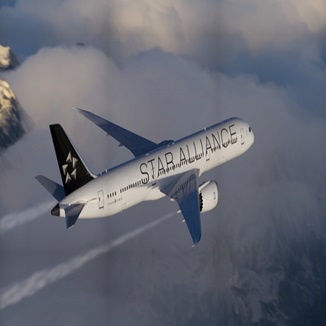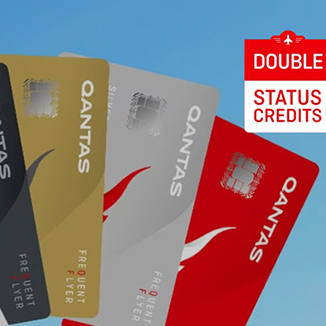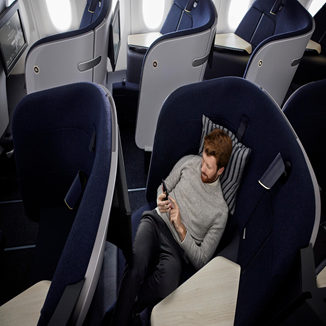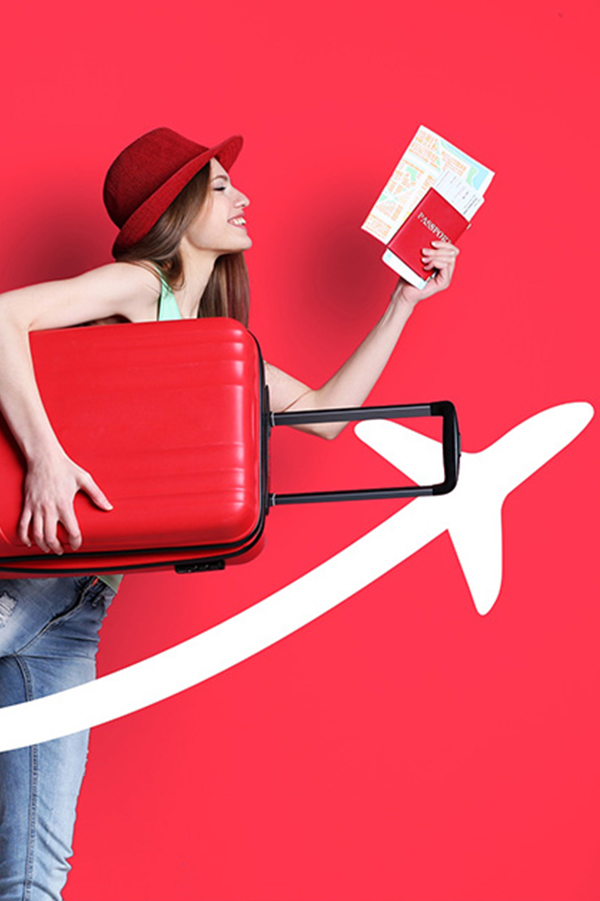COVID Safe Travel: How To Safeguard Against Outbreaks While Overseas
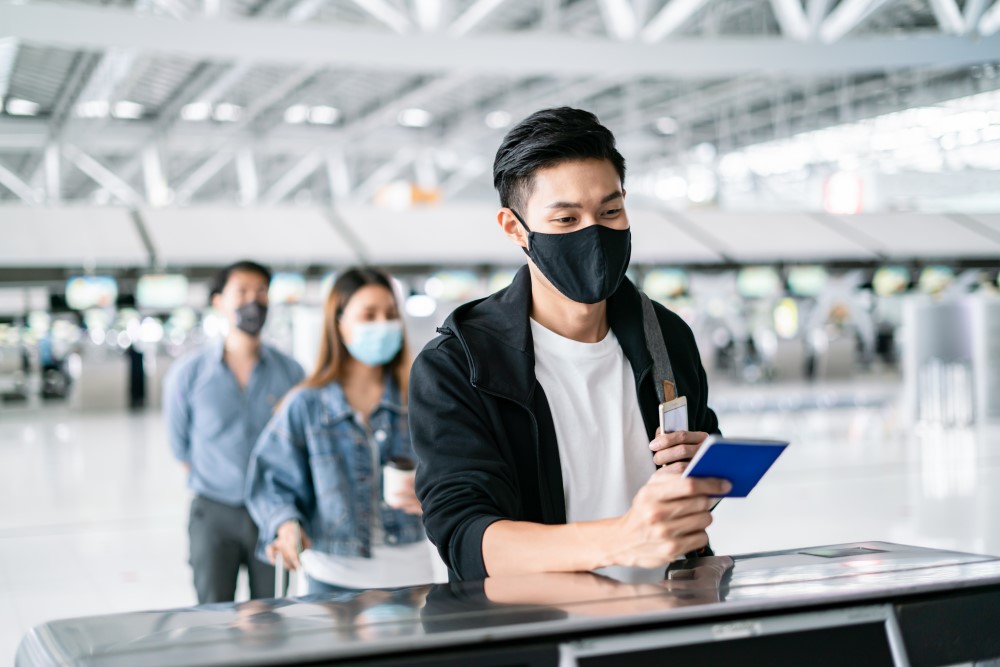
We can stop dreaming and start booking our next long-awaited adventure. It’s time to get serious about all things COVID-safe when it comes to the ‘new normal’ of international travel.
After years of adhering to social distancing and lockdowns, it may seem counterintuitive to jump onto a packed long-haul flight; however, rest assured that the risk of catching COVID-19 on a plane is surprisingly low. High vaccination rates, mandatory masking, and hospital-grade filtration systems make air travel one of the most COVID-safe activities. A recent Mayo Clinic study found that in-flight COVID-19 transmission between passengers was less than one in a million – a stat that will have even the most risk-averse traveller breathing easier!
There are several precautions to help minimise the risk of contracting the virus, and we recommend having a plan in place should the worst-case scenario arise. Here’s our handy guide to keeping you COVID-safe overseas (and no, that’s not an oxymoron):
Before you get on the plane
- Ensure your vaccinations (COVID and others) are up to date and abide by your destination country’s requirements.
- Your vaccination certificate is now your second passport when travelling overseas—have a digital and printed copy on you at all times.
- Check your travel insurance fine print—do they cover COVID-19 related medical expenses, and repatriation in the most severe instances? Several countries now stipulate having cover for COVID-19 as a precondition for entry.
- Do your research on local public health orders in your destination countries, and find out how to get tested should you develop symptoms.
- Complete pre-arrival tests and compile necessary documentation.
COVID-safe packing list
- RAT tests (also called lateral flow tests)—it’s easier to have them in your suitcase ready when you need them for peace of mind.
- Face masks are mandatory on all flights, and depending on the airline, this generally includes school-aged children. You should also expect to wear masks on public transport and ride-sharing services when you reach your destination. It is strongly recommended to wear a mask indoors or where physical distancing is not possible to protect yourself and others. With evidence demonstrating that wearing a mask reduces transmission by up to 79 percent, masking up is a no-brainer when it comes to keeping you safe.
- Prescription medication—bring enough to last the trip plus a potential period of self-isolation after you arrive back home.
- Carry your own pen to avoid using communal ones.
- Put together an essential COVID-19 first-aid kit, including cold medications such as day and night decongestants, paracetamol, anti-inflammatories, and throat lozenges.
- Bank/credit cards so you can opt for contactless payments.
- Hand sanitisers and antibacterial wipes (you might want to give your airline seat a once-over on the armrest, tray table, and window shade if you are next to one).
While travelling, follow these golden rules:
- Mask up when indoors
- Wash hands regularly
- Avoid touching eyes, nose and mouth and practice physical distancing where possible.
- Remain vigilant for symptoms and test and isolate should they develop.
Get the low down on more COVID-safe travel tips at our Geek’s Guide, and contact us for the best offers on round the world flights.
Read Also:
Oh the Places You Will Go! Our Current Destination Guide for Planning Your Multi-City Trip
Multi-Stop Pacific Island Flights With Fiji Airways
More guides and insights...
Ready to get started?Let's plan your ideal trip!
Call us (02) 9188 7823


